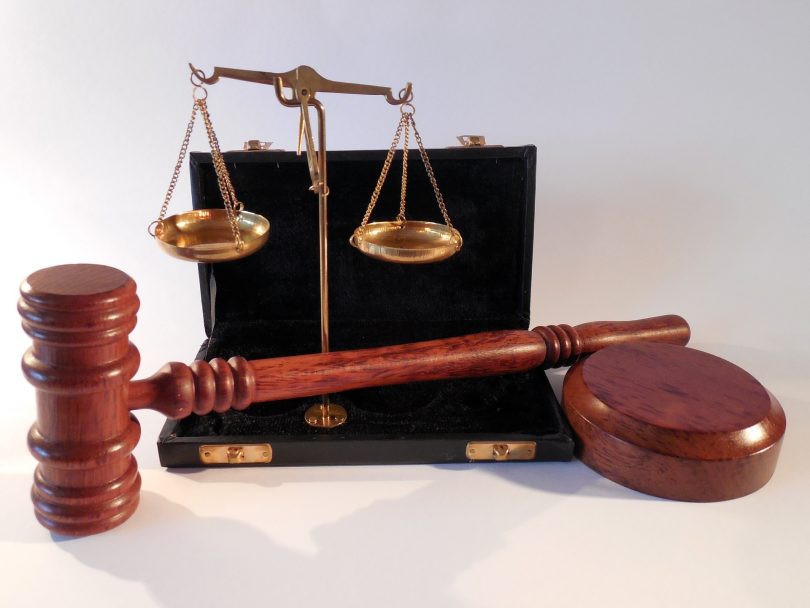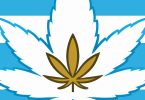The federal Farm Bill of 2018 removed industrial hemp-derived cannabidiol (CBD) from the Controlled Substances Act. On paper, this made industrial hemp (and byproducts) legal at the national level. But though the legislation opened the doorway to legality, there are still unresolved disputes and illegalities surrounding CBD. In fact, the legality of CBD has only become more complicated.
Scott Gottlieb, former FDA Commissioner, was quick to clarify the authority of the FDA following passage of the 2018 Farm Bill: “Congress explicitly preserved the agency’s current authority to regulate products containing cannabis or cannabis-derived compounds under the Federal Food, Drug, and Cosmetic Act (FD&C Act) and section 351 of the Public Health Service Act.” He highlighted oversight priorities:
- Drug claims cannot be made without FDA approval
- CBD cannot be used as a food additive
- CBD cannot be marketed as a dietary supplement
The main reason for these rules is Epidiolex. The pharmaceutical was approved by the FDA, making CBD the active ingredient in a drug. Under the FD&C Act, active ingredients in drugs cannot be sold and marketed in/as food or dietary supplements.
In 2019, the Department of Health in New York City began its crackdown on restaurants adding CBD to food and drinks. Starting this July, violators are to be fined $200-$650. Individuals flying out of Dallas, Texas, are being arrested and charged with felonies for carrying CBD. In an interview with The Atlantic, Los Angeles-based attorney Griffen Thorne pointed out that “Until the law is very, very clear, people are going to get arrested for possession of things that aren’t explicitly illegal.”
Another major complication is that the 2018 Farm Bill leaves regulation and legality in the hands of individual states. Texas, Idaho, South Dakota, and Ohio are among states where hemp cultivation and production are strictly illegal despite federal legality. Shop owners have been raided in these states. Such was the case of Amy Wazwaz of Duncanville, Texas; authorities seized her products, cash, and employee cell phones. A truck driver carrying over 6,000 pounds of hemp from Kentucky (legal) was arrested entering Idaho (illegal). State police called it the “largest pot bust in agency history.”
On the flip side, some states are creating laws that contradict federal legality. Colorado permits CBD to be added to food. Missouri allows CBD in alcoholic beverages.
The FDA is attempting to organize CBD regulation. In a recent public hearing, current FDA commissioner Norman Sharpless pointed out, “There are lots of questions we will need to answer to ensure that FDA is taking an appropriate, well-informed, and science-based approach to the regulation of cannabis and cannabis derivatives, including CBD.” The FDA has formed internal working groups to answer these questions and sort through CBD’s legal conundrum.










